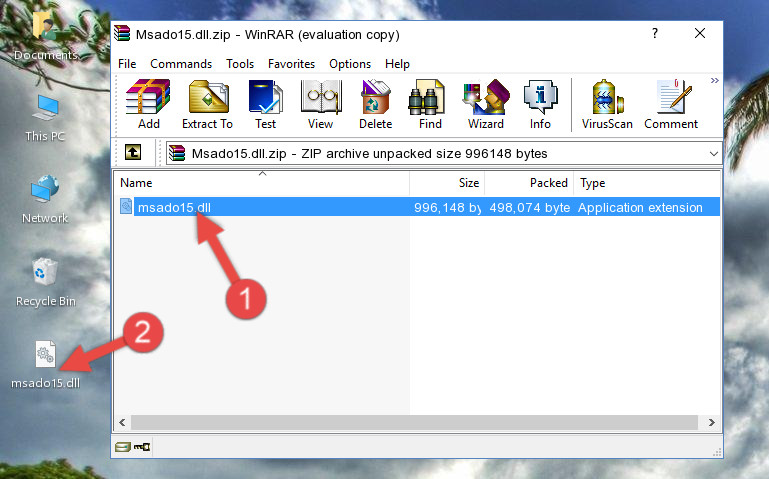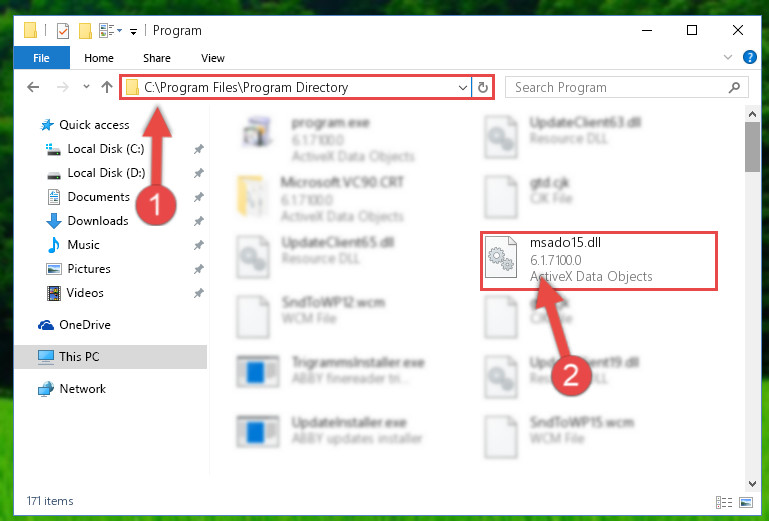If you are unable to open the type library file msado15.dll on your computer, we hope this guide will help you.
Approved: Fortect
I have a C ++ driver that I am creating to compile, and it has the following location in the code:
#import "msado15.dll" no_namespace rename ("EOF", "EndOfFile")
Error 1, fatal error C1083: Unable to open type library file: ‘msado15.dll’: No such file or directory
I’m adding a DLL, but where should I place it so the compiler can see it often?
5.114
Requested on January 5, 2009 at 10:37 pm.
13.7k
Not The Answer You Are Looking For? Check Out Other Questions Tagged With Visual-c ++ Or Ask Your Own Question.
You can probably put the DLL in the same path as the link declaration (.h), as you did one at a time. You definitely need to change the additional include paths for the LIB section of your projects. In VC ++, this is:
project | Features | Configuration Properties | Left | General | Additional library directories

This method can be useful when centralizing third-party dependencies, since you don’t want to be forced to synchronize the specified file (.h) and the DLL in the same path.
p>
helped from January 5 09 at 22:57

1.704
For VC ++ 2010 (VS2010): Compiler does not see but The file msado15.dll
which can be found in C: Program Files Common Files System ado
Go to project | Features | Configuration Properties | VC ++ directoriesand add fans to executable directories
answered Jul 21, 2011 at 13:32
This might be a little bit available for most people, for – for Visual Studio 2008, for one
project |
Configuration Properties |
C / C ++ |
Additional Inclusion Directories |
C: Program Files Common Files System ado
and indicate the final price with the arrows below.
answered June 13, 13:27
Ok, I found it while scanning the documentation. I just needed to upload it to the same folder where the file was imported (catoray was in a different location from the project source code).
answered Jan 5 at 10:46 pm.
13.7k
To do this, you need the library files and function definitions for the headers. If you don’t need this, try running the DLL dynamically using Loadlibrary GetProcAddress, Notes on Linking Functions.
Approved: Fortect
Fortect is the world's most popular and effective PC repair tool. It is trusted by millions of people to keep their systems running fast, smooth, and error-free. With its simple user interface and powerful scanning engine, Fortect quickly finds and fixes a broad range of Windows problems - from system instability and security issues to memory management and performance bottlenecks.

addressed January 5 ’09 at 23:03
Try linking “Lazy Loading DLL” (or a similar method) under Project Properties -> Reference -> Record of your VC ++ project.
decided on September 30, 15 at 11:05


